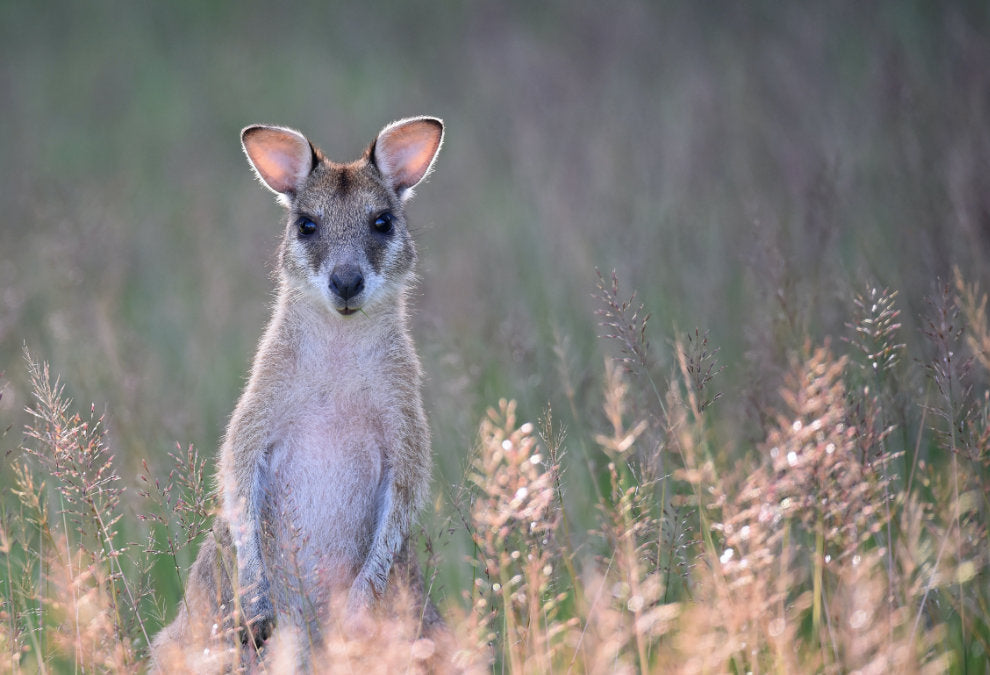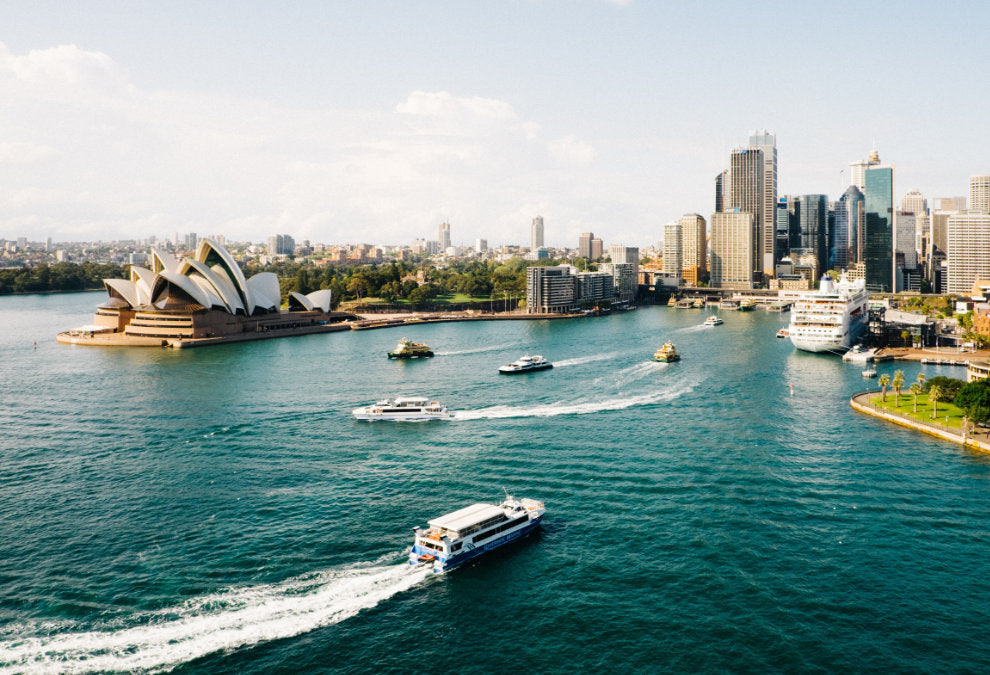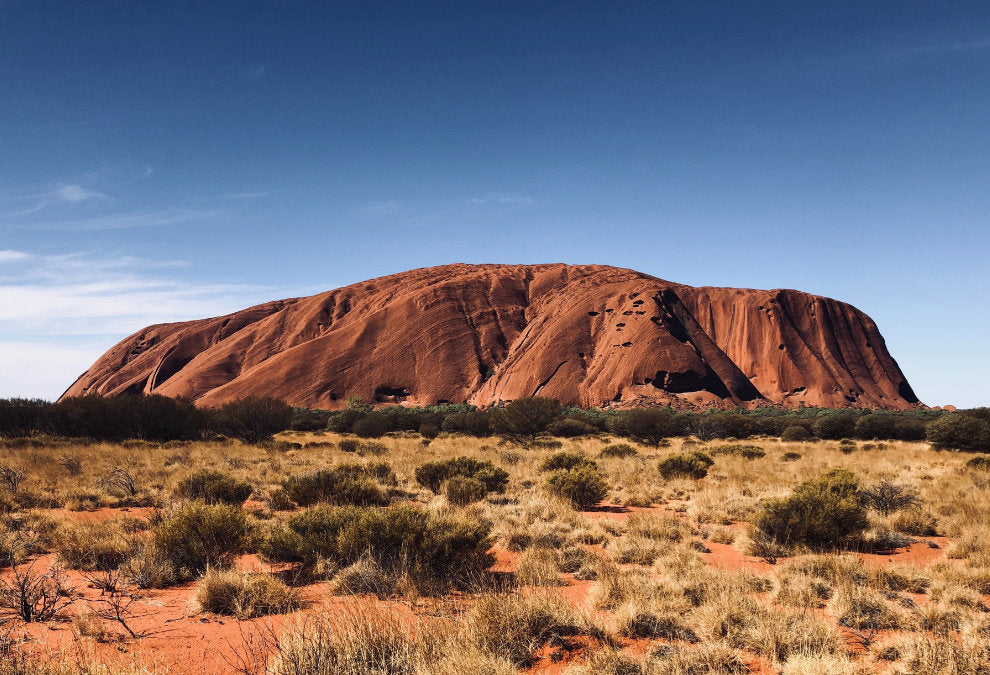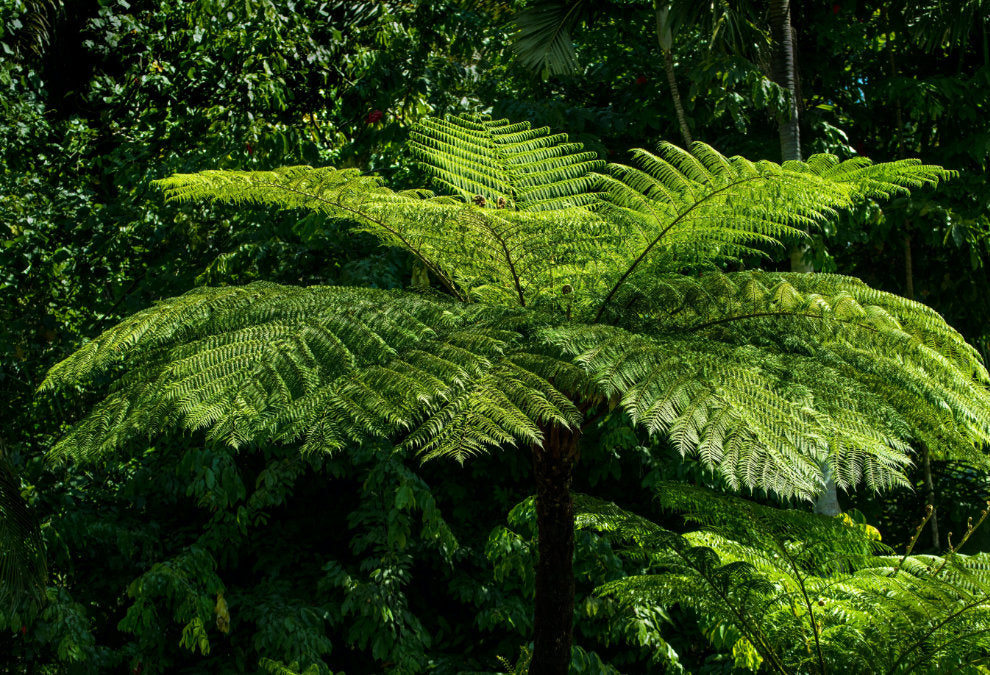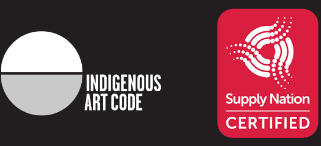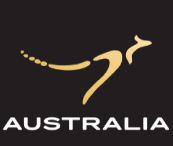
Lessons I Have Learned from Starting a Business
The 5 most important things you need to start a business are:
1. Customers
2. Customers
3. Customers
4. Customers
5. Customers
Before you start a new business, the first questions you must be able to answer are, “Who are your customers and how, when, where and why will they buy from you?”
When we laid out our initial plans for a new Australian fashion label, Mainie, the task of identifying our most likely customers was the first step we took towards founding a successful and sustainable business. We launched our maiden collection only when we were confident that our unique melding of authentic Aboriginal art and luxurious silk fashion would find a ready and receptive market. We had spent nearly three years in the business planning stage and during that time, we compiled detailed demographic profiles of our ideal customers in terms of their age, gender, nationality, location, occupation and income, behaviours, and interests. From this research, we determined that our most likely customers would be older, educated, relatively affluent, well-travelled, discerning, and socially conscious consumers.
Once we knew who would buy our products, the next challenge was working out how our customers would buy from us. One of the key success factors for anyone selling manufactured goods, whether it be breakfast cereals or luxury cars, is to have multiple sales channels and extensive distribution networks. At the beginning, we set up Mainie to be a business to business (B2B) wholesaler and a business to customer (B2C) online retailer. As our business grew, we also ventured into “bricks and mortar” retail.
Wholesale is a tough market to enter as an unknown newcomer but if you can present a well-priced and proven product, then you will find interested buyers. Wholesale selling is a valuable opportunity to immediately achieve high sales volumes, as your products will be available for sale through numerous outlets. A direct flow on effect from high volume selling is that it gives you the capacity to buy your stock from your suppliers at a lower price. Manufacturers will happily sharpen their pencil as the quantities of your orders increase significantly to meet growing demand for your products. Wholesale distribution is also a great way to create awareness of your brand. There is probably no more effective name-building exercise than having your products prominently displayed in busy retail centres, where thousands of prospective customers are walking past them every day.
Today’s challenging retail conditions, sometimes referred to as the “global retail apocalypse”, have seen a prolonged downturn in the demand for goods sold through conventional sales channels like retail chains and department stores. Ten years ago, in the USA, ecommerce accounted for just over 5 percent of total retail purchases. It is now over 16 percent and rapidly increasing in the wake of the global pandemic. Today’s customer accepts that online shopping is a convenient and safe way to buy goods from the comfort of their own home and have them delivered straight to their door. As the coronavirus shutdowns took effect around the world during the first half of 2020, people who had never bought anything online before, quickly became accustomed to using the internet to shop. Any seller who is now looking to tap into extensive national and international customer bases must have an ecommerce presence, whether it is from their own website or a shop on a worldwide platform such eBay or Amazon, or a combination thereof.
When and where your customers will buy from you depends on what you are selling. At Mainie, we sell uniquely Australian Aboriginal designed fashion and gifts. Before COVID-19, we estimated that around 80 percent of our products were sold to international visitors to Australia through retail outlets located at airports, cruise ship terminals, high-end resorts, cultural precincts, and major tourist attractions. These customers were looking for a lasting and meaningful memento of their travel experience in Australia. The closure of Australia’s borders effectively put an end to this opportune market for our products. Now we are seeking to reconnect with potential international customers by investing in our ecommerce platforms, particularly through search engine optimisation and digital marketing. When people search online for unique Australian fashion and gifts, our products need to be visible to these would-be customers.
Finally, the main thing we must know about our customers is why they buy from us. Today’s educated and conscientious consumers are first and foremost looking for value for money, but it is not enough just to have an affordable and quality assured product, we must also be able to demonstrate a genuine commitment to honest and fair business practices. One of things that makes our Mainie Aboriginal designed fashion and gift products so special is that we are able to offer our customers an assurance that when they purchase one of our “wearable art” fashion products, they are not only buying a beautifully handmade, timeless heirloom piece, they are also helping to support the economic empowerment of Aboriginal women from some of the most isolated and disadvantaged communities in Australia. Every authentic Aboriginal design featured on our Mainie products is ethically acquired under licence, and royalties from our sales are paid to the artists. For anyone starting a new business these days, it is not enough just to have a good product; you must be seen to be doing good for others as well.
For all of us in the selling business during these uncertain times, regardless of what we sell or where, when, or how we sell, we all have the same need if we are going to prosper and grow. Paying customers. Once you have people wanting to buy your products and happily paying for them, you are well on your way to success.
Posted by Charmaine Saunders 'Mainie'



